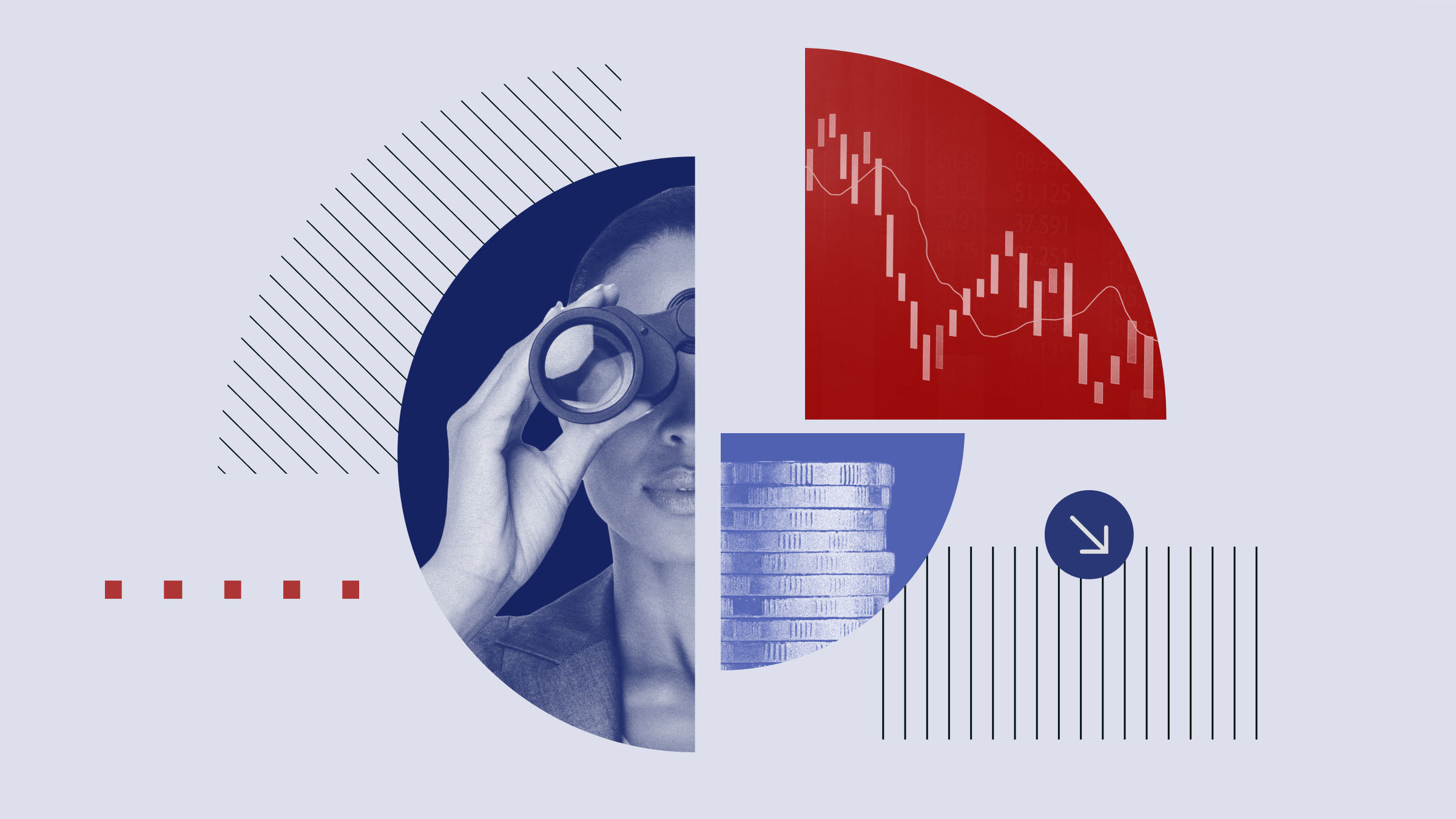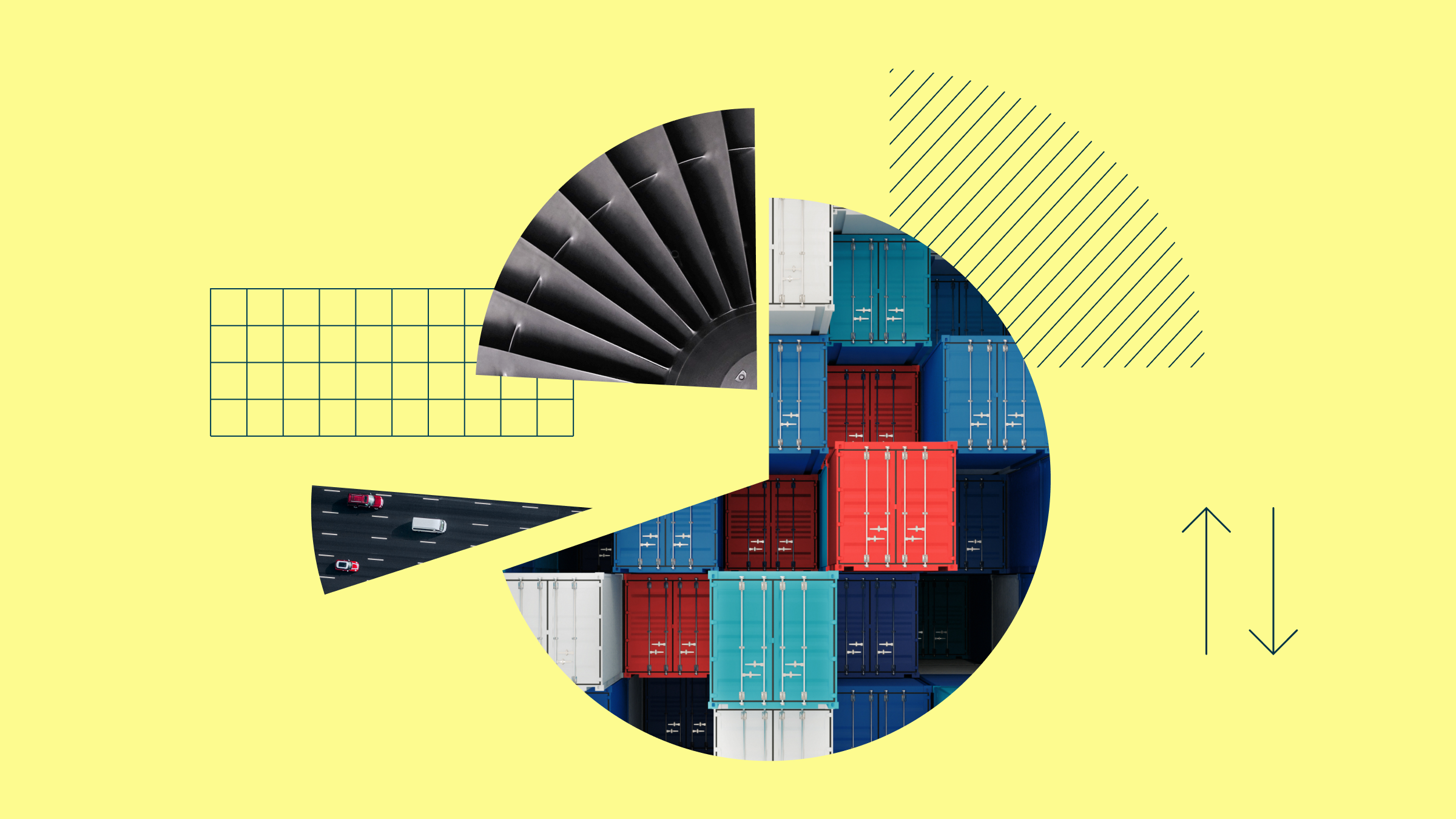Note: This article is part of Morningstar's January 2016 Five keys to retirement investing special report.
For both the Canada Pension Plan and Old Age Security, Canadians receive significant incentives to hold off on collecting benefits. But whether you should wait past 65 to collect is very much an individual decision that depends on your personal circumstances, financial-planning experts say.
CPP changes implemented in 2011 increased benefits by a greater amount than previously for those who opted to postpone taking CPP up to age 70. At the same time, those who decided to take the pension as early as age 60 were penalized with greater reductions. The former Conservative government said at the time that it wanted to ensure the stability of the CPP program, which is faced with bankrolling the Baby Boomer generation, the largest single cohort in history.
Since then, CPP benefits before age 65 have been reduced by 0.6% per month, for a maximum 36% if you start the CPP at age 60. Conversely, if you decide to postpone the benefit, you would receive an increase of 0.7% per month, for a maximum 42% additional benefit if you postponed it until age 70. (For 2016, the maximum CPP benefit for new recipients at age 65 is $1,092.50 per month.)
Deciding whether to start or delay the take-up of the CPP benefit is no simple matter. Generally speaking, it's a more complex situation than the proverbial bird in the hand being worth more than two in the bush. "It's the million-dollar question," says Wilmot George Jr., vice-president, wealth planning at Toronto-based CI Investments Inc. "It depends on a number of factors. Some are financial and some are non-financial. Bottom line, there is no one-size-fits-all solution."
Some of the main considerations include life expectancy, financial necessity, your marginal tax rate and potential returns from investing the benefit.
"Do you have a shorter life expectancy and would prefer to take the CPP early?" asks George. "Or do you have a family history of longevity? That means you might be able to postpone the benefit. And what if you do need the cash? It doesn't make sense to postpone the CPP if you really need it."
Necessity is a key driver, agrees Doug Carroll, vice-president tax and estate planning at Toronto-based Invesco Canada Ltd. "If you need the money to live on, then it's probably not something where you can have the latitude and can say, 'Well, I'll wait to collect the CPP in a few years.' You will probably need to start going with it."
But not everyone needs the cash. Some people are still working and earning income after 65 and can afford to postpone the benefit. "Some have investment or rental income or a company pension that will also allow them to postpone it," says George. "When it comes to deciding, a major consideration is whether you need the benefit."
"It is a judgment call," observes Carroll. "Do you prefer to wait and get a larger amount after 65? But if you take it early you can invest the money because you don't need to live on it."
Some experts have argued that there is a "cross-over" or "break-even" point where it makes more sense financially to start early -- or alternatively to postpone the CPP benefit. This means calculating how much you would accumulate if you start at age 62, for instance, as opposed to age 66. But this exercise is complicated because, first, where will you invest the money and second, what kind of return will you get?
"You could put the money into a tax-free savings account or a taxable account," says Carroll. "But what kind of returns will you get? Maybe you'll get a 5% return, but is it all interest and fully taxable every year? Or is it a Canadian dividend, which gets a preferred rate. Or is it a capital gain where only 50% is taxed, and you get a deferral until you withdraw the money. It can get very complicated to guess what your returns might be. At least if you do take the CPP early, you can consider whether you would want to take it early and invest that money, and perhaps be better off doing that, rather than waiting until a later date."
Based on taking the CPP one year earlier than normal, arguably your investment would have to return at the very least 7.2% (0.6% times 12 months). "If you actually get 8% then at the end of the year you would have a little more than if you had waited to collect the benefit," says Carroll.
To complicate matters, if you continue to work after age 60 and also receive CPP benefits, you will have to pay so-called post-retirement benefit premiums until age 65. Moreover, the CPP benefit is taxable, thus possibly eliminating some of the gains. Says Carroll: "This may influence you to perhaps delay taking the CPP if you are still working after age 60."
As for OAS, changes that have been in effect since 2012 have resulted in higher payments to those who delay taking benefits. For every month of an individual's age after 65, the OAS benefit increases by 0.6%. That adds up to 36% in additional benefits, starting when you reach age 70. OAS benefits can't be taken any earlier than age 65. As of Jan. 1, the basic OAS pension -- which is adjusted quarterly -- is $570.52 per month at age 65.
When it comes to postponing the OAS, you will have to weigh the same considerations as the CPP. "Do you need the cash? What is your current marginal tax rate? What will you do with the benefits?" says George. "On the surface, it sounds like a simple choice. But when you peel the onion, you will see there are many layers and no one option works for all Canadians. Preferences play a key role in deciding your best option."
As a consequence, George recommends consulting a financial planner who can help identify your financial and lifestyle objectives and outline the pros and cons that apply to your own situation. "If your key objective is getting as much cash as you can today, then you're likely to take the benefits earlier rather than later," says George. "If you want to minimize tax today while you're still working and lessen the impact on income-sensitive benefits, then maybe you want to postpone the benefits. Once your objectives are determined, it's easier to determine which option is best for you."



















